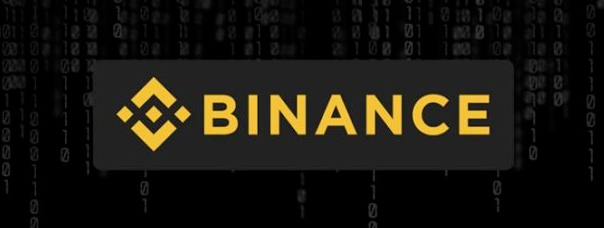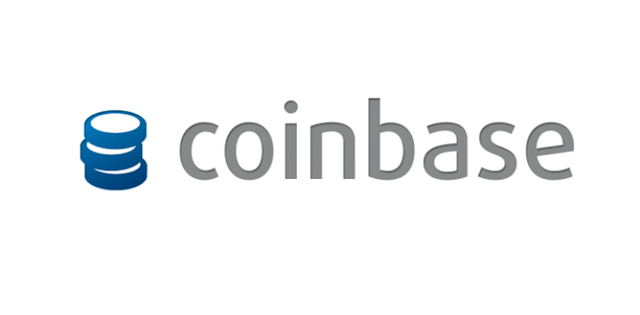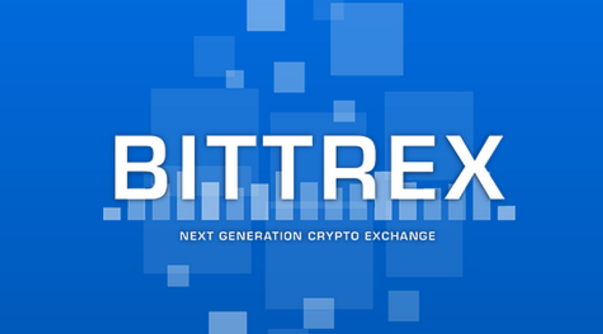Absolute Beginners Guide To Crypto
Hello Steemians! In this guide I will be assuming that you are completely new to the world of crypto! I understand that it can be quit daunting at first, even more so for those who are not very tech savvy. Have no fear we will get you started in no time.
Before we begin I think the best think to do is get used to some of the terminology used when it comes to crypto. This list should get you started.
Address: The string of alphanumeric characters that you share with others in order to receive digital currencies.
Altcoin: Cryptocurrencies and blockchain projects other than Bitcoin. An abbreviation of ‘alternative coin’.
ATH: All-Time-High.
Bearish: Trading term meaning a downward trend; as opposed to a bullish upward trend.
Blockchain: A decentralised system for maintaining a set of data and ensuring its integrity. Cryptocurrencies are generally based on this technology.
Block Explorer: An online tool that allows you to monitor transactions (tx) and wallets, useful for checking transaction confirmations.
Bullish: Trading term meaning an upward trend; as opposed to a bearish downward trend.
Exchange: (noun) This is a website/platform where you can trade coins, for example Bitfinex, Binance, Bittrex.
Fiat: A government-issued currency, such as GBP, USD, Euros.
FOMO: Fear Of Missing Out.
FUD: Fear, Uncertainty & Doubt. You will frequently find this phrase used in the crypto community, to describe someone or something that is spreading doubt about a project or coin.
Hard Fork: An update to a cryptocurrency’s code which introduces a new rule to the network that represents a clean break from the older code. This makes previously invalid blocks/transactions valid, and therefore requires that all users upgrade.
HODL: A miss-spelling of HOLD, which has been embraced by the community to mean a long-term holder of a cryptocurrency, as opposed to a short-term trader.
ICO: Initial Coin Offering. A crowdsale that allows early investors to purchase coin tokens before general sale, often at a discount.
Market Cap: This is calculated by multiplying the current price per coin by the amount of coins in circulation.
Miner: A person that uses networked devices to confirm/validate blockchain transactions. Miners are rewarded for this work.
Public Key: This is the key that you can share, which allows others to send currency to your wallet.
Private Key: This is the key that you should never share with anyone. It allows access to your wallet and everything within.
Proof of Stake (PoS): This type of algorithm rewards those who solve difficult crypto equation puzzles, which contributed to distributed consensus (the collective agreement of various computers in a network; in the absence of central authority). Unlike proof of work, proof of stake gives people authority to contribute to distributed consensus based on their individual wealth (i.e. stake; how many coins they own).
Proof of Work (PoW): This type of algorithm rewards the first miner to solve a computational problem that contributes to distributed consensus. Miners thus compete to solve the difficult cryptographic puzzles and gain the rewards; which can result in high energy consumption vs. PoS.
Satoshi: The smallest denomination of a bitcoin. 1 Satoshi = 0.00000001 ฿.
Soft Fork: A change in a coin’s code that is backwards compatible.
Wallet: A place where you can store your digital currencies. Hardware wallets, desktop wallets, web wallets, paper wallets, etc.
Wei: The smallest denomination of ether. 1 Ether = 1000000000000000000 Wei (1018)
Sign up on an exchange
The very first thing you need to do is sign up on an exchange. Exchanges are where you can convert your USD to bitcoin and then bitcoin to other altcoins. It is the first step into the crypto-sphere. There are quite a few to choose from but I will list 3 of the most favored.



Once you have created an account on one, or all three, of these exchanges make sure you verify the account(s). Because of taxes and other reasons you will need to prove you are who you say you are. Also, you will need to link your bank account or a paypal to most exchanges.
Once you are all verified you can just go to the market or buy tab of the exchange you are using, and it will walk you through buying bitcoin. You can either keep the bitcoin on their site's wallet, or transfer it to the wallet address you will be making soon. Do not keep coins on exchanges longer than you need to. It is an added security risk that you can easily avoid. Now let's go over these wallets so you can get an address to send those coins to!
Wallets
You can keep your bitcoin, or alt-coins, on an exchange or web wallet but I DO NOT recommend it. Instead, I would keep them on a desktop wallet or a hardware wallet. I will, however, cover most of the commonly used wallets for the most popular coins.
NOTE: Each of these sites will explain how to download or install on your device.
Mobile
Jaxx - Jaxx is an Ether, Ether Classic, Dash, DAO, Litecoin, REP, and Bitcoin wallet that is in early beta. It is developed by Kryptokit.
MyCelium - The Mycelium Bitcoin Wallet is available for Android and for iOS. The source is available for review on GitHub. It has been awarded the prestigious "Best Mobile App" award by Blockchain.info in 2014.
Desktop
- Electrum - is a lightweight Bitcoin client, based on a client-server protocol. It was released on november 5, 2011.
- Exodus - Exodus is a multi-cryptocurrency wallet that boasts an easy-to-use UI. You can keep your Aragon, Augur, BAT, Bitcoin, Bitcoin Cash, Civic, Dash, Decred, District0x, EOS, Ethereum, ETH Classic, FunFair, Gnosis, Golem, Litecoin, OmiseGo, Qtum(ERC20) and SALT all in one place and easily calculate and organize your savingswith their pie chart portfolio. Good for beginners.
Hardware
- TREZOR - TREZOR is a secure bitcoin storage and a transaction signing tool. The private keys are generated by the device and never leave it thus they cannot be accessed by a malware.
- Ledger Nano S - Ledger Nano S is a Bitcoin, Ethereum and Altcoins hardware wallet, based on robust safety features for storing cryptographic assets and securing digital payments.
There are TONS of wallets out there, but these are some of the most well known and commonly used. I urge you to do your own research and figure out what makes you feel nice and secure. In the end, the hardware wallets are what I recommend for mid-long term storage. They are the most secure. In the end, it is whatever you feel most comfortable/secure with.
Crypto list
For a list of all of the different crypto coins and tokens, check out CoinMarketCap. They not only show you all the crypto's but also the market caps, gains and losses, volume and they have charts as well. It is a commonly used resource by all of us.

Once you have an idea of the top coins and tokens you can go start your research. Look into the teams behind the projects, the roadmaps and the white papers to get a solid idea of what is happening and when with each project. There is a lot to read, so grab some coffee.
Have fun
Well, that is it for the basics. If you have any questions please feel free to ask me anything! Also, if you found this valuable in any way please resteem, upvote or reply. Thanks for taking the time to read and I hope it helps.

This wouldve helped me when i was still new lol
to gain popularity post on #futurewhales
Upvote for Upvote
Resteem for Resteem
Follow for Follow
Thanks for the tip. I am new here so I do not know the cool kid clubs. =)
Welcome to the community!
I follow you now
Upvote and resteem some of my content and I’ll do the same !
#futurewhales
Already done brother.